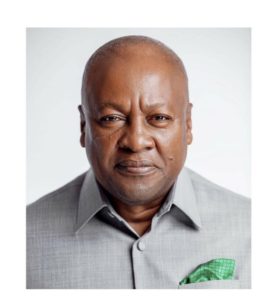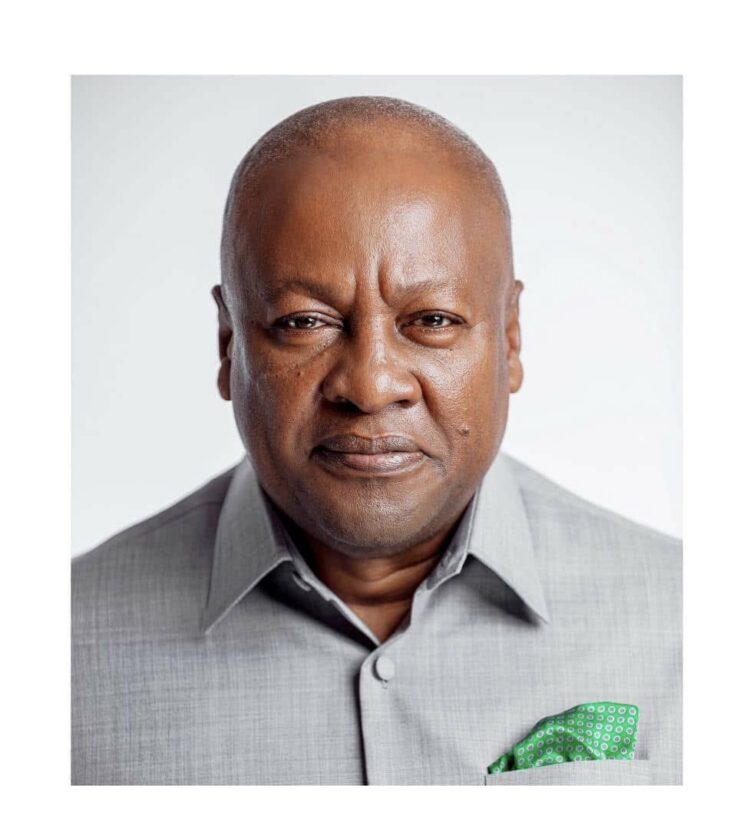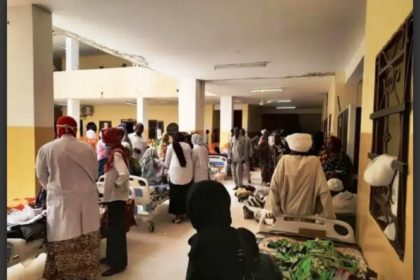
By Adeyemi Adekunle
Ghana’s political landscape witnessed a significant moment on Tuesday as John Dramani Mahama was sworn in as the new president during a grand ceremony at Independence Square in Accra. The event marked Mahama’s return to the presidency after a seven-year hiatus and drew the attention of the international community, with world leaders, including Nigeria’s President Bola Ahmed Tinubu, in attendance.
While the occasion was steeped in formality and pride for Ghana’s democratic process, it was not without its lighter moments. During his inaugural address, Mahama made an amusing misstep that quickly became the talk of the ceremony.
While acknowledging the presence of dignitaries, he referred to Nigeria’s President Tinubu as the “honourable president of the Federal Republic of Ghana.” The gaffe elicited chuckles from the audience and added a human touch to the historic occasion.
Watch the Video here:
Mahama succeeds Nana Addo Dankwa Akufo-Addo, bringing to a close a term marked by significant achievements and challenges. This inauguration represents Mahama’s political comeback after leaving office in 2017, making him one of the few Ghanaian leaders to serve non-consecutive terms. Mahama’s new term also ushers in a groundbreaking milestone as Naana Jane Opoku-Agyemang becomes Ghana’s first female vice president, a testament to the strides Ghana continues to make in promoting gender equality in leadership.
The ceremony’s solemnity was conducted by Chief Justice Gertrude Torkornoo administering the oath of office, reinforcing Ghana’s reputation for peaceful democratic transitions. Mahama, the candidate of the opposition National Democratic Congress (NDC), reclaimed the presidency following a hard-fought victory in Ghana’s December elections.
Securing 50% of the popular vote, he amassed 6.3 million votes, triumphing over his closest rival, Mahamudu Bawumia of the ruling New Patriotic Party, by a margin of 1.7 million votes.
Bawumia, who served as Akufo-Addo’s vice president, demonstrated statesmanship in his concession. Addressing the nation shortly after the results were declared, he said, “The people of Ghana have spoken, the people have voted for change at this time, and we respect it with all humility.” Mahama, in turn, acknowledged his rival’s gesture, confirming via his X account that Bawumia had extended a congratulatory call, further illustrating the cordiality between the two leaders.
As Mahama takes the helm, his primary challenge is addressing Ghana’s struggling economy, a key issue that dominated his campaign. The country has faced mounting inflation, currency devaluation, and increasing debt levels in recent years, posing a formidable task for the returning president.
During his campaign, Mahama pledged to enact economic reforms, strengthen key sectors like agriculture and industry, and create jobs to alleviate the financial burden on ordinary Ghanaians.
In his inaugural address, Mahama emphasized unity and resilience as Ghana moves into a new chapter.
He reaffirmed his administration’s commitment to inclusivity and rebuilding trust in government institutions. “This is not a victory for me alone or for my party but a victory for every Ghanaian who believes in a better future,” he said. “We stand here today not as individuals divided by party affiliations but as one nation united by our shared hopes and dreams.”
International observers lauded the seamless transfer of power, underscoring Ghana’s position as a beacon of democracy in West Africa. President Tinubu, who overcame Mahama’s verbal slip with good-natured humor, congratulated the new leader and emphasized the longstanding partnership between Nigeria and Ghana. Other world leaders, including heads of state from ECOWAS nations, echoed their admiration for Ghana’s democratic maturity during congratulatory speeches.
Mahama’s running mate, Vice President Opoku-Agyemang, also used her historic moment to inspire. In her address, she highlighted the importance of empowering women and youth in national development.
“We must harness the potential of every citizen to achieve a Ghana where no one is left behind,” she declared, receiving a standing ovation from the diverse audience.
For Mahama, returning to the presidency is not just an opportunity to lead but to fulfill unfinished plans from his previous tenure between 2012 and 2016. During those years, his administration initiated several ambitious projects, including significant infrastructure development and social programs. Critics, however, cite his mixed economic legacy and have called for renewed focus on transparency and accountability as he steers the country forward.
As the new administration settles in, the eyes of the nation and the international community remain fixed on how Mahama will navigate Ghana’s complex economic landscape. With his seasoned experience and the support of a historic administration, hopes are high that he can deliver on his promises.
For Ghanaians, this marks not just a change in leadership but a new opportunity to forge a path toward growth, stability, and progress.
Tuesday’s inauguration solidified John Mahama’s return to Ghana’s highest office, blending ceremonial tradition with unexpected levity. The Tinubu gaffe, while momentarily diverting attention, ultimately served as a reminder of the human element in leadership—a quality that may well define the next chapter of Mahama’s presidency.




